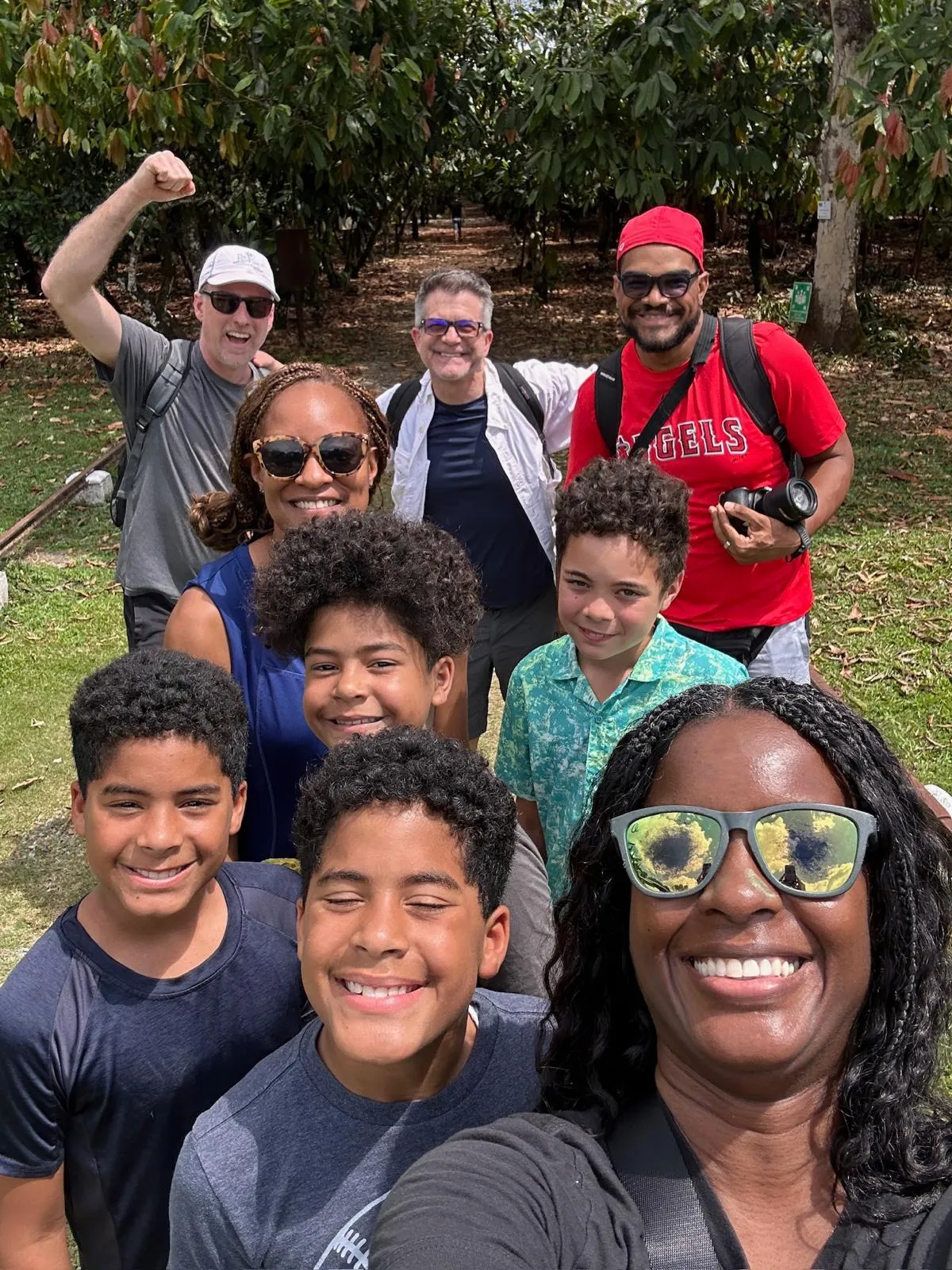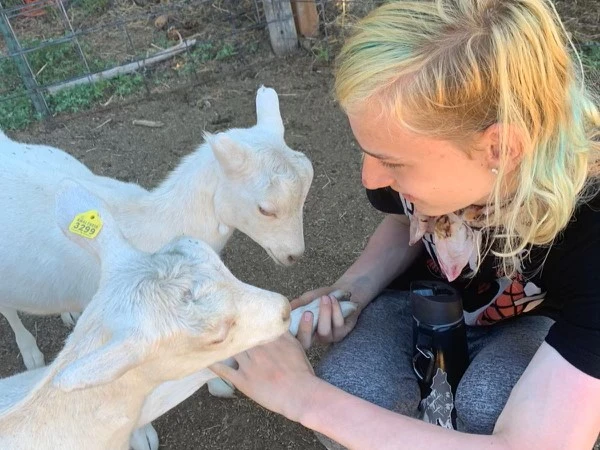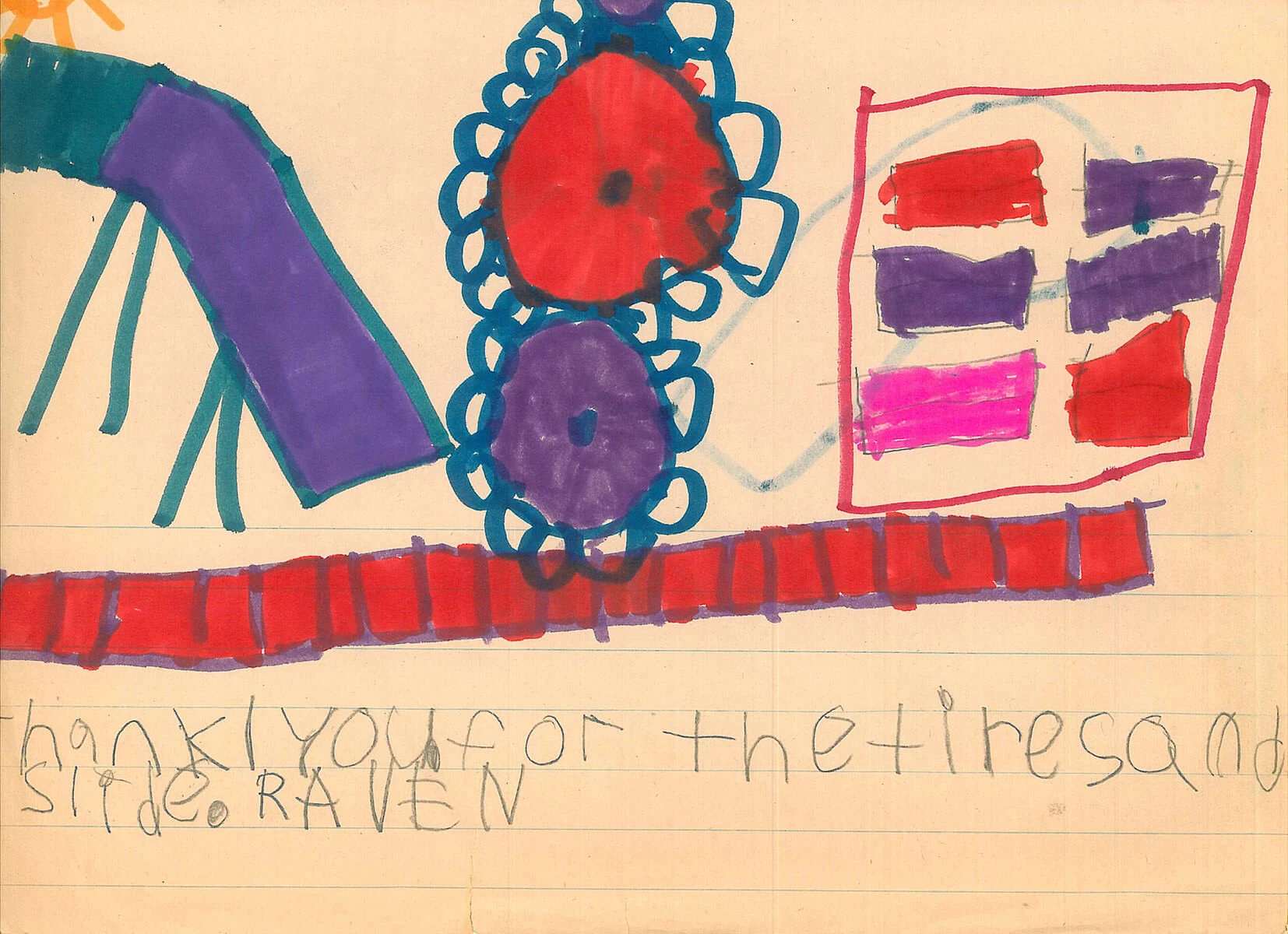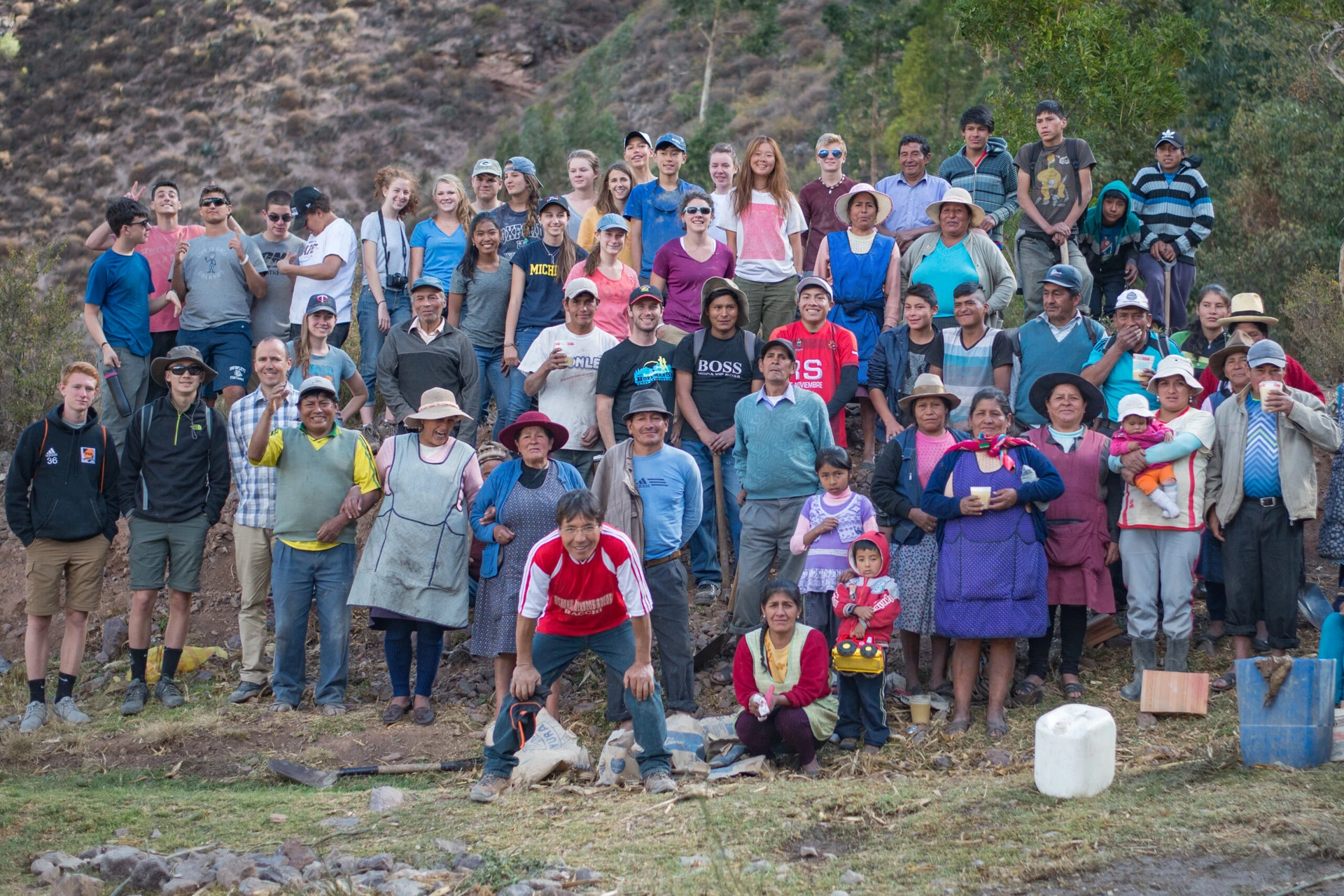Monique Schmidt directed VISIONS service programs abroad in Guadeloupe and at home in Montana. A poet, teacher and published author (her memoir Last Moon Dancing is the story of her Peace Corps years in Africa), Monique moved to Rwanda last November tobe Program Director for the Akilah Institute for Women, the first vocational and leadership training institute for young women in Rwanda. Akilah provides quality education and vocational training to young women who are unable to attend university. The women spend a year getting grounded in English language, computer skills, and introductory hospitality classes. Then they and other young women from around Rwanda begin a two-year diploma program to learn vocational and technical skills for the hospitality and tourism industry.
Monique sends us emails regularly, always a mix of the profound and mundane as you’ll read here in some excerpts. You’ll also read how Monique is using VISIONS’s process for reflection (part of every VISIONS program) to good effect at Akilah.
Work on Akilah continues to move forward….went to a girls’ meeting in a poor neighborhood to recruit students and after the dancing and singing, I talked to some girls about scholarships. They got such big smiles…it makes my sunburn worth it…
Went to see the churches that have been left “as is” as memorials… In one, 5000 people were [killed]… In another 10,000. …the clothes of victims remain in piles… It is mind boggling and has affected me deeply…I think these are the last memorials I will see for a while.
While phone communication has been tricky, I have learned how to say DRIVE SLOWLY to the moto taxi dudes. Sometimes it works miracles, other times I am convinced the driver thinks he is in the Indy 500. I struggle to keep my blood pressure down. The motos in Togo and Benin were not this scary…. So far, my favorite type of moto ride is what I call the “slow squeeze” …It happens when there is so much congested traffic all the moto can do is slowly squeeze between cars and trucks… I’m not worried about the accidents at 10 miles per hour. It’s when we have the open road that I spend all my time making ridiculous bargains with the universe to keep me alive…
Four new team members arrived this week…three from the States and one from Uganda. They are passionate and competent…plus their arrival means I’m not alone over here any more…
Classes open in two weeks…we have an incredible amount of work to do still… We’re having some problems because even though the girls have scholarships to come to school, they can’t afford transport or lunch…
One of the challenges of creating a school is writing the student handbook. Creating a mission statement and articulating the values of a school require some deep thinking. I have thought about it for days and days, looked at other schools’ examples, pondering how to articulate exactly what Akilah stands for and what we want our students to strive for. Finally, and with the help of my staff, I came up with the Five Pillars of Akilah. They are 1) personal conduct and academic honesty 2) respect for community 3) innovation and creativity 4) leadership and service 5) relentless commitment to excel.
We created a pledge centered on the Five Pillars and asked each student to sign the pledge. I was to present the pledge, and so I wrote each of the pillars on the board. The problem is that for number 5. I wrote “rentless” commitment to excel.They all copied it down in their books and agreed to it. A photographer/ videographer was there for our first week, so the moment has been immortalized… lovely…just the way I want to be remembered… You can go to sleep at night comforted by the fact that I and 50 young Rwandan women are all working on our “rentless” commitment to excel…
Today was our first day of classes, and it worked!
The students showed up, the teachers taught, I answered questions and ran around in a glorious frenzy, but amazingly, we have a real school that actually works in Rwanda. I can’t believe it…maybe now someday soon I can get some sleep… I consider today a huge success. The students are completely mystified by the American way of teaching, but I think they’ll get used to it and like it (I hope!). Some students had to withdraw because they can’t afford to pay for transport to school. That’s so sad, but the ones who remain are revved up…they believe Akilah will change their lives… I hope we can live up to their expectations. Some are sacrificing so much to be here…I could go on forever about Akilah…just know that the school actually works…
“My Neighbor, My Killer” is definitely a documentary you should see if you have the chance. The film’s director spent 10 years attending community trials in the hills of Rwanda. The community names people who participated in the killings, and then the named either apologize or deny. [The director] interviewed women asking how they felt about forgiveness and living next door to the people who killed their children and husbands. As is to be expected, forgiveness is a tricky thing…so is human nature…
Navigating the classroom is tricky here. We’ve discovered that seemingly “innocent” prompts and assignments bring up tough realities for our students. Journaling is a foreign concept…when we ask students to write about their feelings or describe inspirational figures, most of them think back to 1994, and then they leave the classroom in tears.
This week here has been tremendous…our students are blossoming… it’s incredible to be here for their growth and change… We are challenging them, and they are eating it up on all levels…starting to talk and share openly…the students keep saying that this is more than a school to them, it’s a family…part of me feels it’s true, and I’m honored to be a part of it….
The thing about teaching hospitality in Rwanda is that for most of our students, it’s a completely foreign concept. They’ve never been to a hotel or restaurant and they’ve never seen movies depicting these places either. We’ve got lots of poor village girls. Today, when we told them to create multiple entrees on their menus they all listed rice and beans and that’s it…they don’t know that there are marvelous things like sushi and burritos and wine…and for desserts, it was a complete blank…how to teach about cake and ice cream?? ….and while we’ve made great progress–we’re still working on smiles and eye contact and posture–hospitality class is a complete cultural lesson for me…these girls have no concept of the world I used to inhabit….I have mixed feelings about teaching them about it…As usual, I feel like I’m the one learning…
You know what is amazing?? kanatapi!!! We do it as a staff here and with our students… It’s profoundly moving and powerful… I don’t know how to explain what an incredible community building tool you have… it works here with the Rwandans!….no one has ever asked them how they feel, much less listened to them… I want to kanatapi the whole country…lord knows it needs to heal…
Editor’s Note: Monique uses VISIONS Circle process at Akilah. This reflective piece has been a part of every VISIONS program since our inception. It is a slow-down time for participants and leaders to gather together four evenings each week for about an hour. In this space, participants can choose to share their reactions to and feelings about their experience. Respect for all members, genuinely listening and accepting differences are central to the process. Over the years, each program site has used a word from the culture as the name for this process.
In Montana we call it kanatapi, the Blackfoot word for the coming together of the people so that all may be heard. On the Akilah website read “Why I Cry in Kanatapi” which conveys how this simple, elegant tool is helping to build unity and community in Akilah’s first group of students and faculty.
Less than a third of Rwandan university students are women. It has been proven around the world that if education brings more women into the labor force, GDP growth rates and income per capita will rise considerably.
Educating women leads to:
- Higher wages
- Greater likelihood of working outside of the home
- Lower fertility
- Reduced maternal and child mortality
- Better health and education
Benefits to society:
- Higher productivity
- Higher returns to investment
- Better agricultural yields
- More favorable demographic structure






